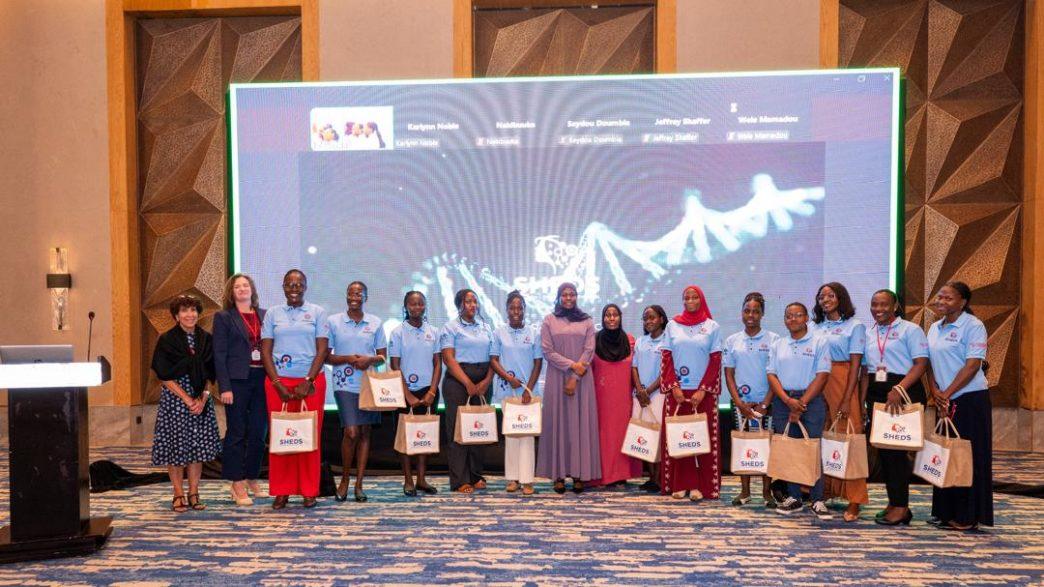Uganda has launched a major new initiative to prepare women for the future of work in technology. The She-Data Science Program, created by the African Center of Excellence in Bioinformatics and Data-Intensive Sciences (ACE-Uganda), aims to train young women in data science, artificial intelligence (AI), and bioinformatics, fields where women are still underrepresented.
The program was officially launched during the ACE Consortium Meeting in Kampala, where government officials, scientists, and tech leaders gathered to discuss Uganda’s digital transformation agenda.
Presiding over the launch, Dr. Aminah Zawedde, Permanent Secretary at the Ministry of ICT and National Guidance, called the program a major step toward closing the gender gap in technology.
“The She-Data Science Program is not just about skills training. It is about making sure women play a full role in shaping the technologies and solutions of tomorrow,” Dr. Zawedde said.
So far, the program has already placed two women at PhD level, five at master’s level, and many others in internships across research institutions. These participants are being positioned as role models for other girls who may want to join the tech field.
The initiative is part of Uganda’s Digital Transformation Roadmap (2023–2027), which prioritizes digital skills development, innovation, and equal participation for women in the ICT sector.
“By embedding digital skills in schools and encouraging girls to choose technology careers, we are laying the foundation for a knowledge-driven economy,” Dr. Zawedde added.
ACE-Uganda, established in 2019 by the Infectious Diseases Institute at Makerere University in partnership with the U.S. National Institute of Allergy and Infectious Diseases (NIAID/NIH), has already made significant progress in building a digital health ecosystem.
It has:
Trained over 100 graduate students in data science and bioinformatics
Developed digital health tools like the HEAL app for health workers
Created virtual reality training programs for emergency response
Built East Africa’s most advanced High-Performance Computing Cluster, supporting over 50 research projects across Africa.
Dr. Zawedde praised partners such as the University of California, San Francisco’s Institute for Global Health Sciences, the ACE Consortium, and the Infectious Diseases Institute for supporting Uganda’s vision.
“Your partnership is helping us build a more inclusive, equitable, and competitive future,” she said.
Uganda, like many African countries, faces a shortage of skilled tech professionals — especially women.
By training more women in AI, data science, and bioinformatics, the country is not only bridging the gender gap but also strengthening its health systems, governance, and innovation capacity.



